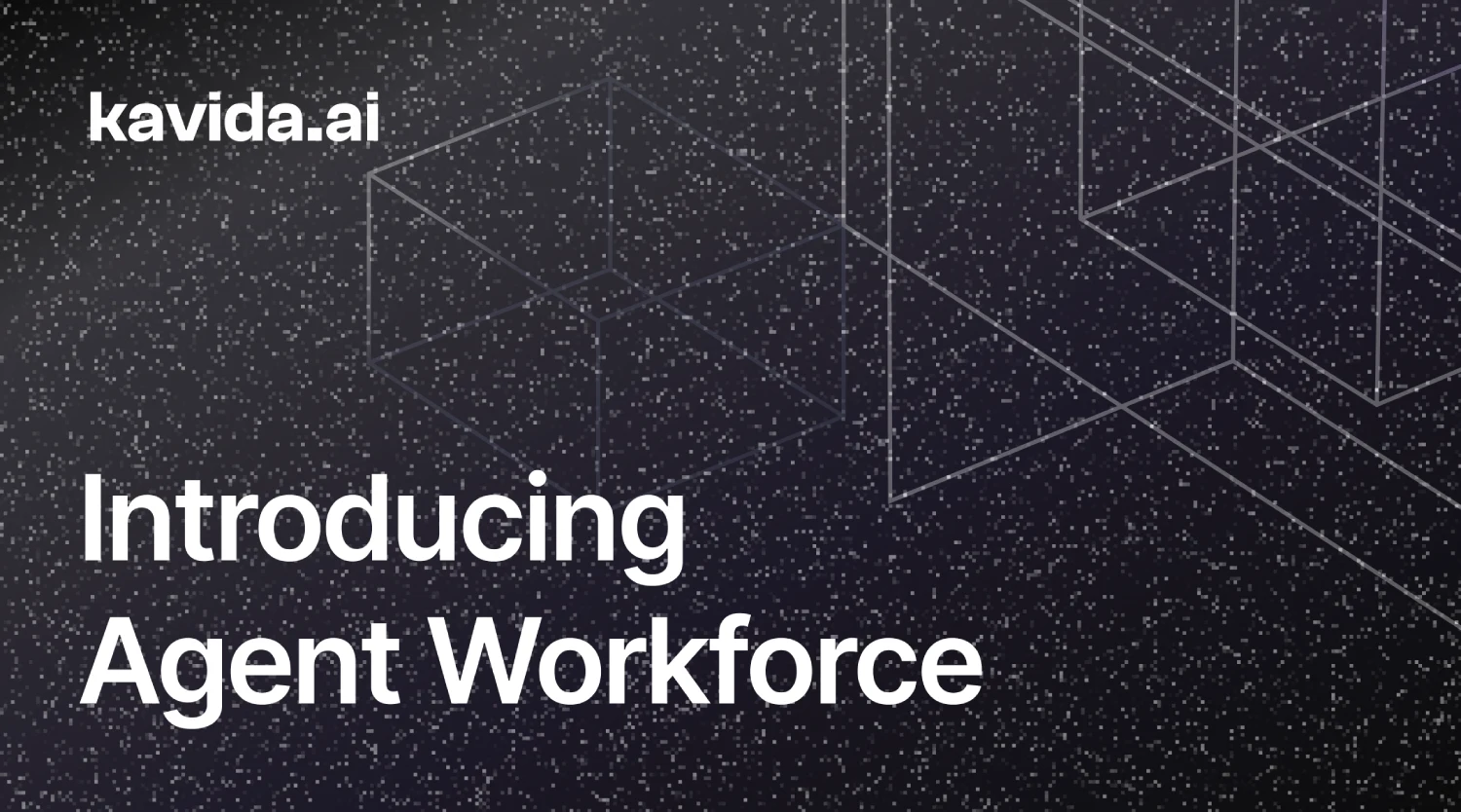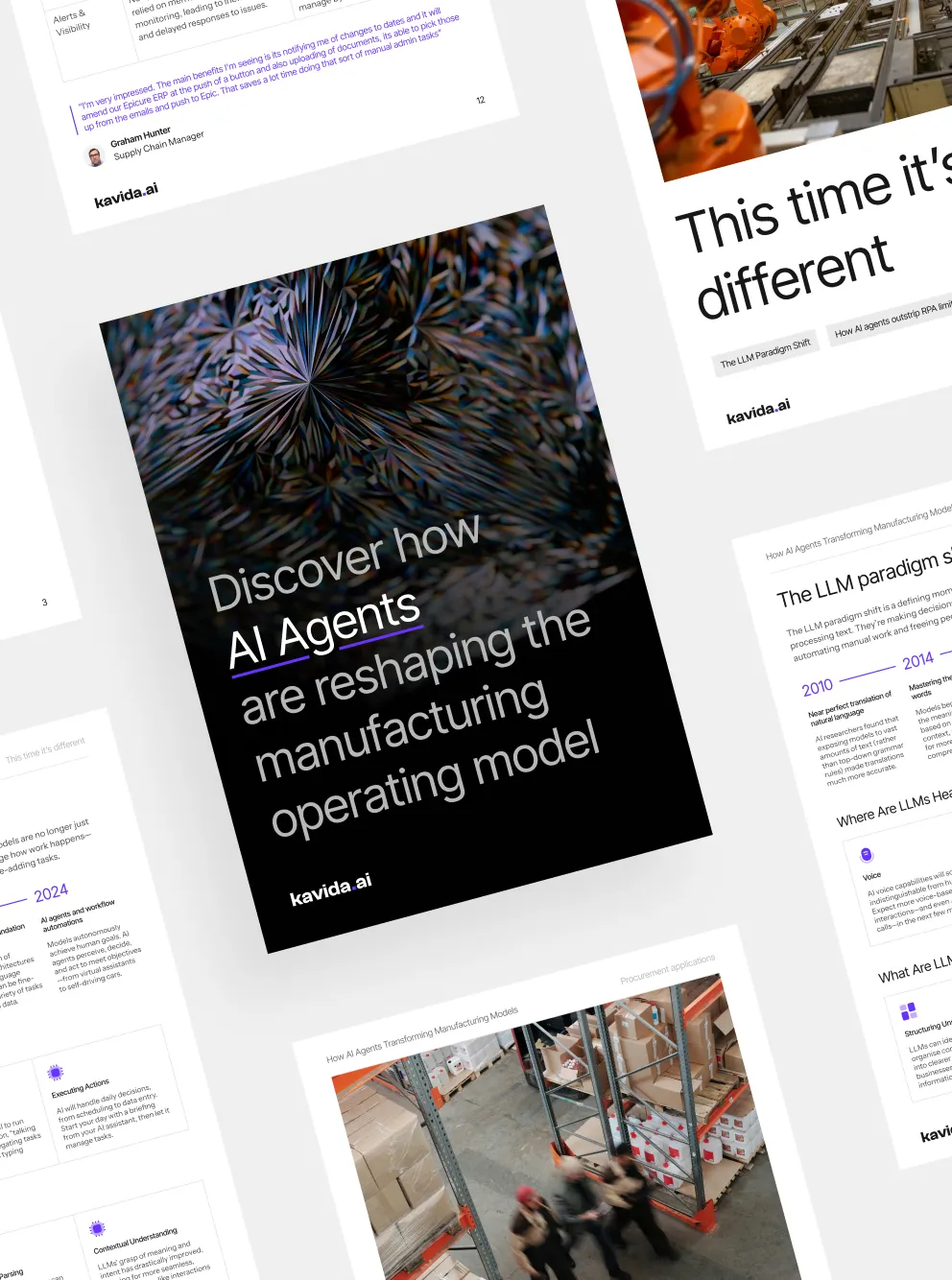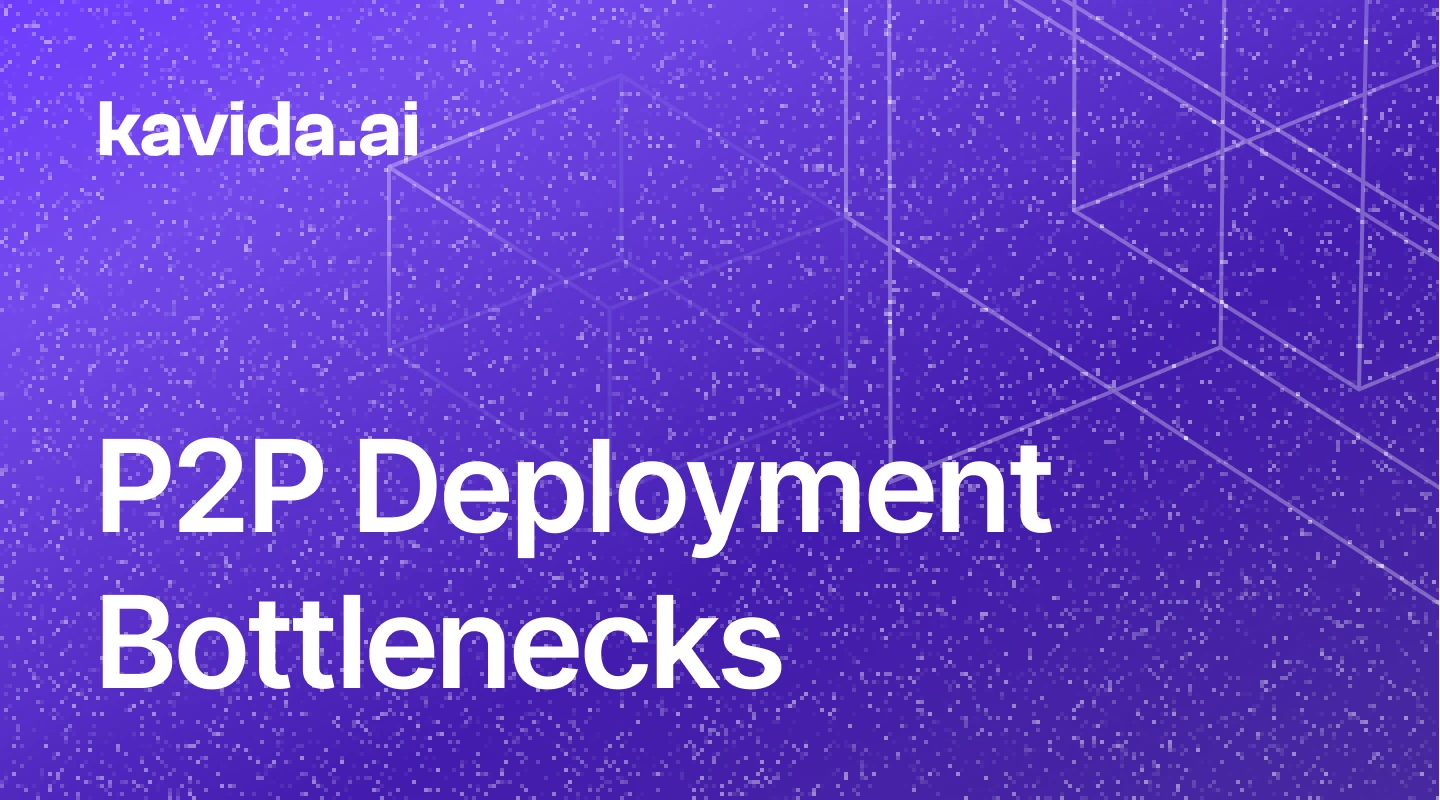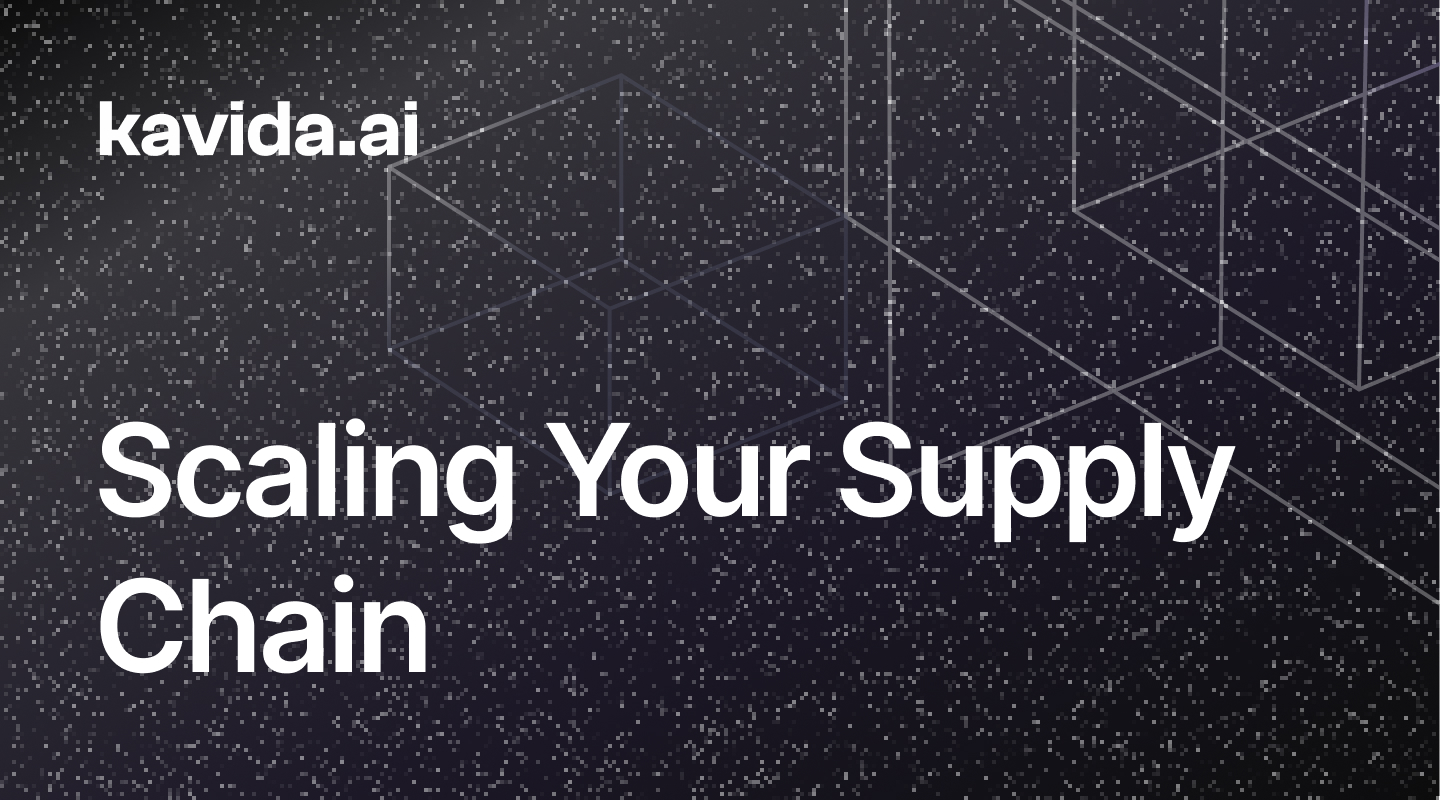
ANNOUNCEMENT
QAD Redzone acquires Kavida — our Agents have joined the Champion AI family

Discover how AI agents are reshaping the manufacturing operating model

Hi, I’m Alison!
Share your details, and I’ll give you a call in minutes to see how we can assist.

Why Aerospace Domain Knowledge is Critical for AI Transformation
Table of Contents
ToggleAI is everywhere, but not all AI is created equal. Generic or “horizontal” AI vendors promise sweeping transformation across industries, yet when deployed in aerospace supply chains, their solutions often fall short. Aerospace is not like other sectors: it is highly regulated, deeply complex, and unforgiving of errors. Long lead times, multi-tier supplier networks, critical documentation workflows, and strict data security requirements demand more than algorithms—they demand deep industry knowledge.
True AI transformation in aerospace requires solutions that combine advanced technology with domain expertise. Only by embedding aerospace workflows, compliance rules, and supplier realities into AI agents can manufacturers reduce delays, cut administrative cost per order, and achieve resilience. The winners will not be those who choose generic AI tools, but those who select partners who truly understand aerospace.
The Transformation Imperative in Aerospace
Aerospace supply chains face mounting pressure. Programs are delayed by long lead times for critical components. Supplier risks cascade across tiers. Compliance documentation—certificates of conformity, airworthiness approvals, inspection reports—creates bottlenecks. Meanwhile, administrative burden is rising, and manual processes are no longer sustainable.

The imperative is clear: aerospace manufacturers and suppliers must transform, not incrementally but fundamentally. AI promises efficiency, but in aerospace the stakes are higher: without deep domain knowledge, AI becomes a liability instead of an enabler.
The Limits of Generic AI Vendors: Horizontal vs. Vertical
Most AI vendors build horizontal platforms—designed to work across industries, from retail to logistics to finance. While flexible in theory, these solutions are shallow in practice. They automate tasks but lack context for aerospace workflows.
By contrast, vertical AI embeds industry-specific expertise. It doesn’t just process data; it understands how aerospace supply chains actually work.
Why Workflows Matter
Supply chains run on workflows, not isolated tasks. In aerospace, those workflows are nuanced and regulated. For example:
Order Books, not EDI
Unlike automotive, aerospace suppliers coordinate through order books and manual exchanges. AI must be trained to handle these processes to be effective.
Documentation Workflows
If all required documents aren’t present and correct—airworthiness certificates, conformity reports, inspection approvals—the goods may physically arrive but remain idle, unusable until compliance is met. This creates unique risks and costs.
PO Revision Workflows
Long-lead items like turbine components require constant order updates. A single revision mishandled can ripple through program timelines.
Risk Workflows
In aerospace, detecting risks early is mission-critical. A missed geopolitical, supplier, or logistics risk can ground production or compromise safety.
Generic AI vendors may automate emails or chase missing data, but without understanding the entire workflow, they risk breaking processes instead of improving them.
Domain Knowledge as the Differentiator
Domain knowledge means knowing that an “on-time delivery” in aerospace is not just about the truck arriving. It’s about documentation, inspection, qualification, and release. It means understanding that order management is driven by order books, not EDI feeds. It means appreciating that supplier disruptions in aerospace are not just costly—they can halt programs worth billions.
Without this knowledge, AI remains shallow. With it, AI agents can replicate how aerospace teams actually complete jobs, enabling true transformation.
Why Domain Knowledge is the Key Multiplier
Domain expertise doesn’t just reduce risk — it accelerates transformation. Aerospace-aware AI solutions bring:
Faster onboarding & adoption
Understanding how jobs are done in aerospace means agents can be configured quickly to automate real workflows.
Faster ERP integration
Knowledge of sector-specific systems, part numbering, and documentation flows shortens integration cycles.
Regulatory alignment
Compliance with FAA, EASA, and other authorities is built into the workflow design.
Security by design
In aerospace, security is critical; expertise ensures AI meets infrastructure, control, and compliance needs.
Reduced burden on teams
Built-in aerospace context means procurement and supply chain teams don’t need to teach the system
Generic AI may offer broad capability, but without aerospace context, the burden shifts back onto your teams to customize, adapt, and maintain workflows. That is not transformation—that is extra work.
Case in Point: Where Domain Expertise Unlocks Value
Order book workflows
Define not just what data can be stored, but where it must physically reside and under which jurisdiction’s laws it must be managed.
Documentation workflows
Govern exactly who can perform which actions on specific data or systems, down to the level of individual tasks (e.g., viewing a file, editing a record, approving a transaction).
Risk management workflows
In aerospace, monitoring supply tiers, geopolitics, and logistics is critical. Domain-aware AI prioritizes risks that endanger production and safety.
Choosing the Right Partner
The future of aerospace supply chains will be defined not by who has the most powerful algorithms, but by who understands the industry best. AI without aerospace domain knowledge is like a pilot without flight training: dangerous and ineffective.
Transformation requires more than technology. It requires a partner who can embed AI into aerospace workflows, documentation cycles, supplier realities, and data security requirements. That is the only way to reduce administrative cost per order, build resilience, and achieve the transformation the industry demands.
Related articles

Agent PO Vs. Microsoft Copilot – A Breakdown For Procurement Professionals
Procurement leaders today need more than just efficient workflows—they need insights that drive smart decision-making. For decision makers...

Overcoming The P2P Deployment Bottlenecks That Could Kill Your Transformation
For organizations implementing or considering a Procure-to-Pay (P2P) system, it is important to understand that achieving...

How to Scale Your Supply Chain Without Scaling Headcount
In the past, scaling a supply chain meant adding more people. More buyers. More planners...

